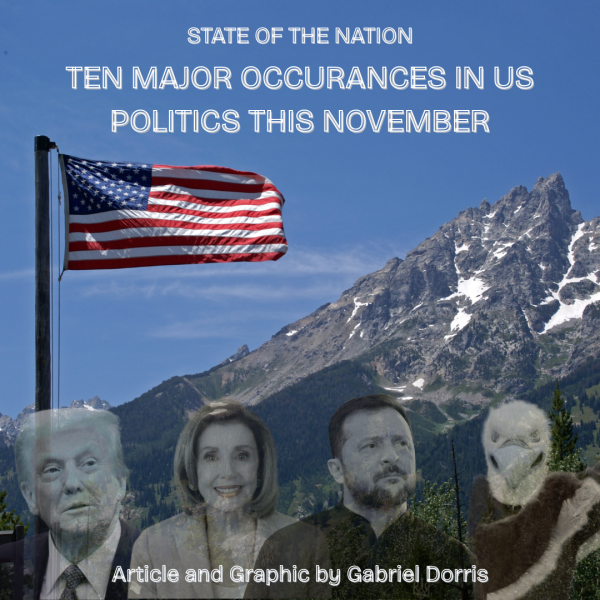President Biden Bans Import of Russian Oil
The United States has led much of the Western world in economic and political sanctions against Russian political leaders, oligarchs, and corporations in retaliation to the invasion of Ukraine. Some of the most key actions include the ban of Russian airlines’ access to much of European and North American airspace, restrictions on select financial institutions and the freezing of Russian assets, and the removal of some Russian banks from SWIFT (a financial transactions execution service).
Further advancing the economic response, President Joe Biden announced a ban on importing Russian oil, liquefied natural gas, and coal on March 8th.
What does this mean for you? First, it means that the price of your gas most likely has increased, with North Carolina having an average of $4.17 for regular gas according to the American Automobile Association (AAA); in comparison, the price was just $3.35 one month ago.
Many question how the Russian oil imports that only make up 3% of the United States’ imports of Crude Oil can cause a rise in gas prices; however, Russia still is a significant player in the global oil market as it accounts for 11% of the world production.
We can see the Russian influence in the global oil markets in the ban itself, as America was independent in its ban of Russian oil and other energy imports from many of its closest allies in the Russo-Ukrainian war action coordination. For example, European nations such as the Netherlands and Germany are some of Russia’s largest oil trading partners and have yet to place bans (as of 3/8/2022).
The ban of oil imports from Russia displayed minimal effects on the American supply as many corporations independently placed their own bans before the Government did so. This was seen in the latest “Weekly Preliminary Crude Imports” report, which displayed that no barrels were imported from Russia for the week of February 25th and only 148 in the week of March 4th. The current rise in prices can be attributed to the market disruption caused by the reaction from European countries and crude oil markets. According to the U.S. Energy Information Administration, “Gasoline prices can change rapidly if something disrupts crude oil supplies, refinery operations, or gasoline pipeline deliveries.”
A major misconception of the entire rise in oil prices is the role of the Biden Administration. In contrast to what many political commentators and analysts claim, the price of gas is reliant on several factors such as crude oil prices, supply and demand, and excise taxes placed by local, state, and federal governments.
Even though the price of gas and crude oil continues to rise, several policy solutions have been proposed to offset the impact of Russian supply.
Recently, several political analysts suggest looking towards Venezuela amidst the recent televised address by President Maduro, suggesting that the country could be willing to open discussion on oil with the US.
However, several key politicians such as U.S Senator Bob Menendez (D-N.J.), Chairman of the Senate Foreign Relations Committee, and House GOP Leader Kevin McCarty have shown their opposition against the possibility of buying oil from Venezuela.
Senator Menendez stated, “I would strongly oppose any action that fills the pockets of regime oligarchs with oil profits while Maduro continues to deprive Venezuelans of basic human rights, freedoms, and even food.” President Maduro cited the hypocrisy that would come from buying oil from an Authoritarian regime in response to sanctions on another similar regime.
Despite the rise in prices, there is still optimism that the Biden Administration can reverse the onslaught of costs now affecting the American people; however for now they must wait until the proper policy action is taken.
Your donation will support the student journalists of Enloe Magnet High School, allowing us to cover our annual website costs. We are extremely grateful for any contribution, big or small!

(He/him)
Akshat is a senior here at Enloe. He is excited to return for his third year on the staff to work on the Eagle's Eye's newest (and best) section,...









